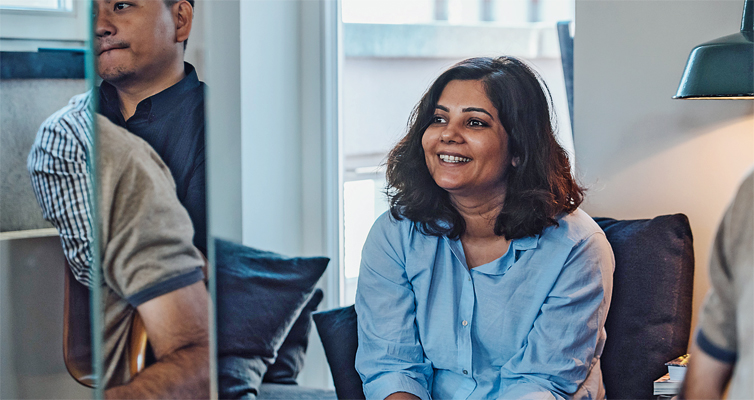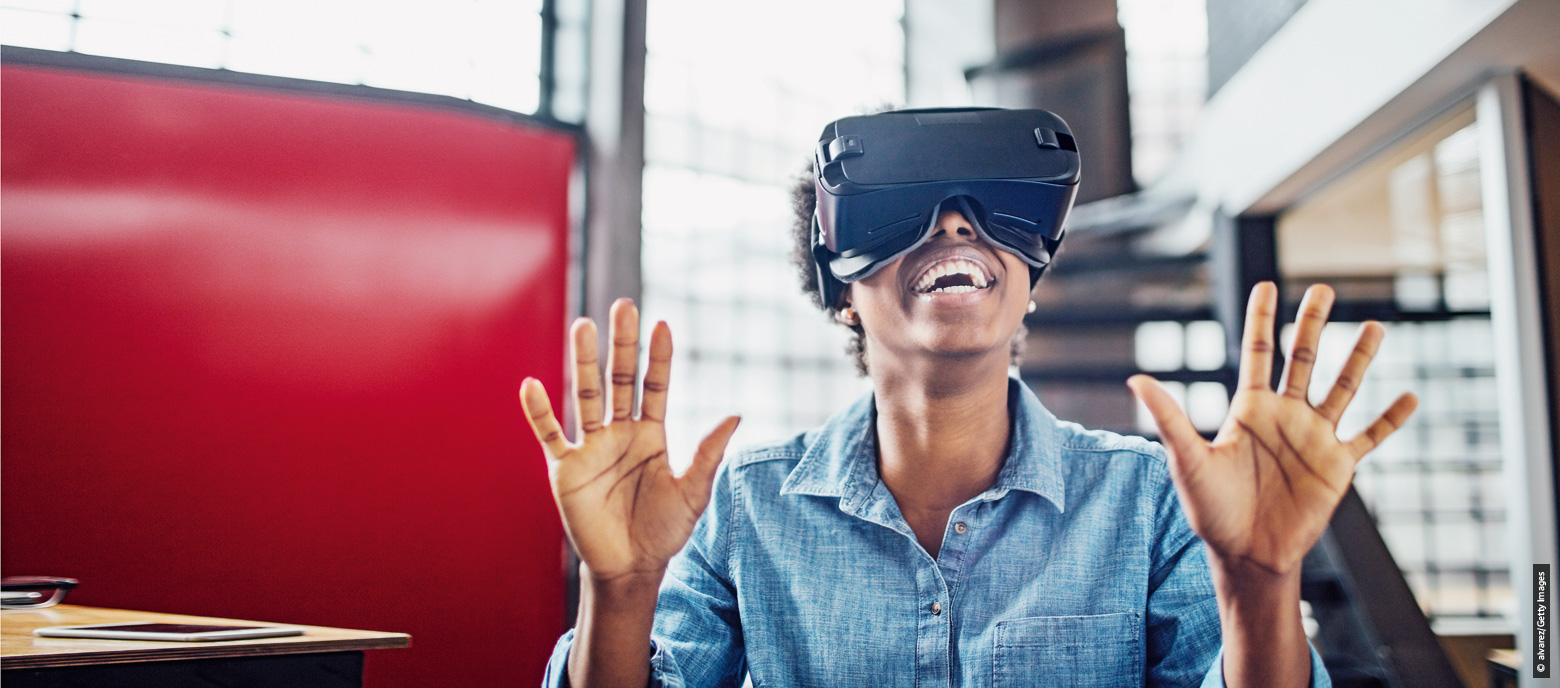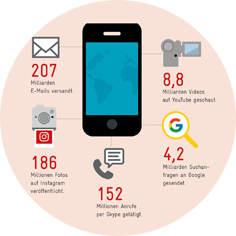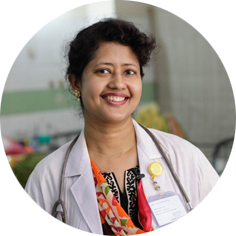Interview: Digitalisation
‘A tool for development’

Are you a digital native?
Yes I am. When I started my platform nine years ago I had no clue, but now I am the biggest champion of the digital world. Why? Because it’s a tool for normal people who don’t have a lot of money. It doesn’t matter what their legacy is or what background they come from. Anyone can go out and create an equitable world with an equal voice. I am the best example of this.
You created the platform YourStory – but what is your personal story?
I used to work as a journalist for media organisations, for the CNBC news channel and the Times of India. After a while I realised that the media are very obsessed with success. When you’ve achieved something, you make it into the news, you make headlines. That started to bother me because it’s easy to write about successful people. What about the less celebrated people who have dreams and a sense of purpose, but are only just beginning to fulfil that? I asked myself how I could contribute and help give shape to their ideas.
"Let's celebrate your story"
That’s when you started your platform?
Exactly, that was in 2008. I called it YourStory because I wanted to tell people: Hey, you have a great purpose, you are doing great things. Let’s celebrate your story at the very start. And let’s share it with others.
And with it, you wrote your own success story?
I had nobody backing me and no background whatsoever in this area, but I did have an idea and a vision. I worked very hard, day and night. Today the company has 90 staff. We’ve published 72,000 stories of young, small businesses. We reach 15 million people and we’re about to expand into other countries, including Germany. We are the voice of start-up entrepreneurs in India. My goal is to make YourStory the biggest platform of its kind in the world.
Marketing for big corporations
That means you make money with it?
We’ve been profitable from the beginning, with a combination of different income sources, one being start-up summits, another doing the marketing for big corporations who want to get in touch with smaller firms.
How do you find the people and their stories?
In the beginning we looked for them ourselves, just like any good journalist would. We were searching for the unique angle. Now, we get 400 to 500 mails per day from people who want to get heard. We select the stories and then write them up.
Fake news and other issues to be solved
Do you see more chances or more dangers coming from digitalisation?
A lot more chances. Of course there’s fake news on the internet, and there are issues to resolve, like cyber security and so on. On the other hand, things will evolve; we have to – and we will – find appropriate safeguards. I am very optimistic about that. These are the early symptoms of a profound transformation that has just started.
Would you say the digital world is particularly promising for women and poor people?
It will do more good to women and poor people, definitely. In India, of our 1.3 billion people, 800 million have smartphones. They can express themselves, they can reach out, they can create business opportunities even in remote villages. That is unprecedented. The hurdles to participation are much lower than before – and that’s beneficial for vulnerable people.
Some people feel digitalisation is widening the gap between countries, others say it will close it. What do you think?
I think it will help close it. For instance, with the help of digitalisation India has taken huge steps, also economically, so I consider it a tool for development. In the next five years we’ll see a much more connected and equitable world.
Interview: Friederike Bauer
published in akzente 1/18
The digital divide
Infographic: Digitalisation
Programmed for health
Report


